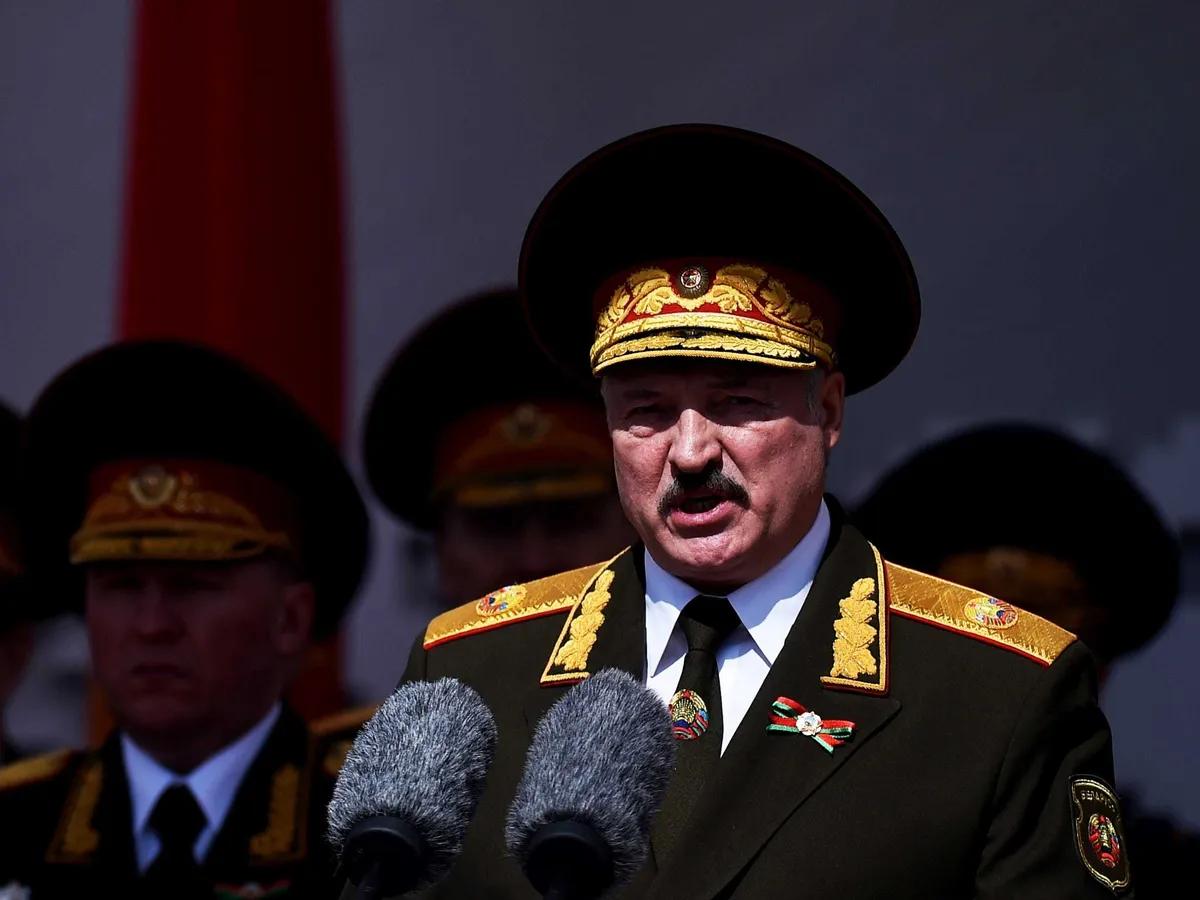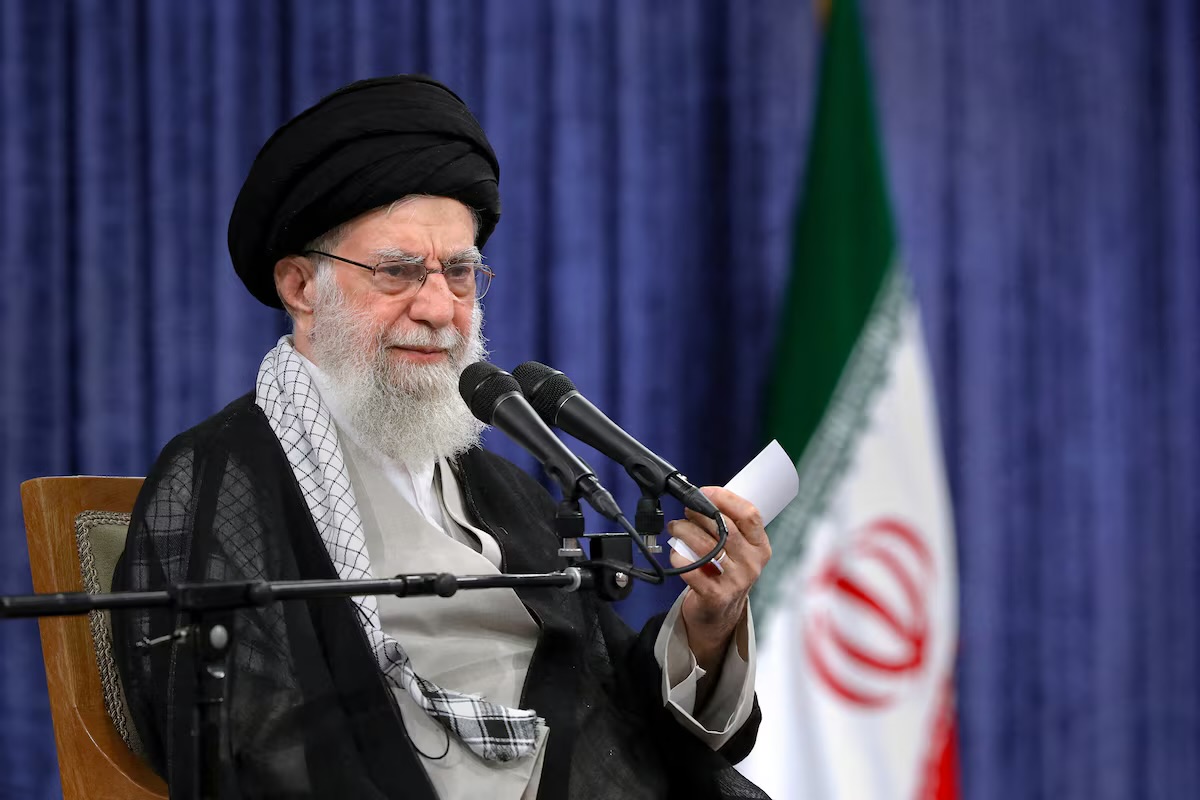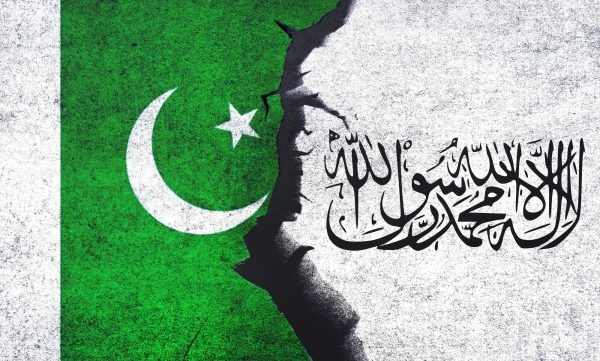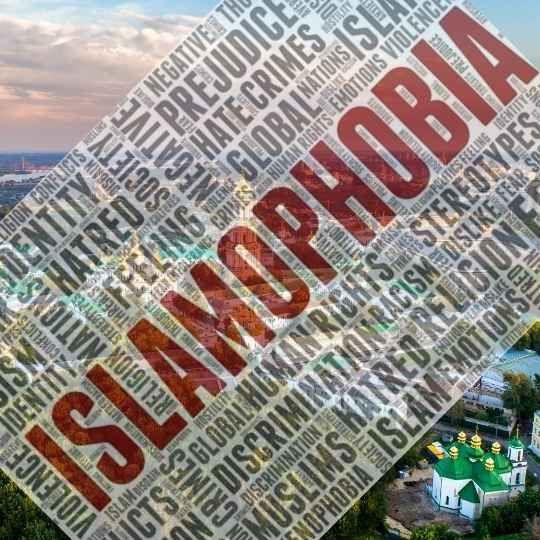News Desk — Belarusian President Alexander Lukashenko, who has held power since 1994, has once again sparked international condemnation after reiterating his controversial 2012 remark:
“Better to be a dictator than gay.”
The statement, made during a state address, comes as the European Union considers tightening sanctions against his government over ongoing human rights abuses and suppression of political dissent.
Lukashenko’s comments were a direct response to renewed criticism from Western leaders, including German Chancellor, who referred to him as “Europe’s last dictator” during an EU summit. The Belarusian leader dismissed the label with defiance, echoing his past rhetoric.
“They call me a dictator, but I say: it’s better to be a dictator than to live against nature,”
Lukashenko declared, according to the state-run news agency Belta. His remarks were widely interpreted as a jab at LGBTQ+ rights advocates in Europe, a recurring theme in his speeches.
EU Sanctions and Diplomatic Tensions
The European Union has maintained sanctions against Lukashenko’s regime for over a decade, targeting key officials and state-affiliated businesses over allegations of election rigging, crackdowns on protests, and suppression of free speech. The latest discussions in Brussels propose expanding these measures, including stricter travel bans and asset freezes on Lukashenko’s inner circle.
Poland, a vocal critic of Belarus, has pushed for stronger action, particularly after recent border skirmishes and allegations of Belarus harboring mercenaries near EU borders.
Lukashenko’s Longstanding Anti-LGBTQ+ Stance
Lukashenko has a history of remarks about homosexuality. In 2012, he made global headlines with the same “dictator than gay” comment, targeting Germany’s then-Foreign Minister Guido Westerwelle, who was openly gay. Over the years, Belarus has enforced restrictive policies against LGBTQ+ activism, including bans on pride marches and censorship of queer content.
Regional Implications
Despite his isolation from the West, Lukashenko retains strong backing from Moscow, with Belarus increasingly integrated into Russia’s political and economic sphere. Analysts suggest his continued hardline stance is partly aimed at solidifying his base among conservative supporters at home.
As EU leaders debate further sanctions, Lukashenko remains defiant.
“Let them bark from across the border,”
he said in his address.
“Belarus will never bow to foreign pressure.”
The international community now watches whether the EU will escalate measures—or if Lukashenko’s grip on power will remain unchallenged for years to come.






This Post Has One Comment
Somebody essentially help to make significantly articles Id state This is the first time I frequented your web page and up to now I surprised with the research you made to make this actual post incredible Fantastic job